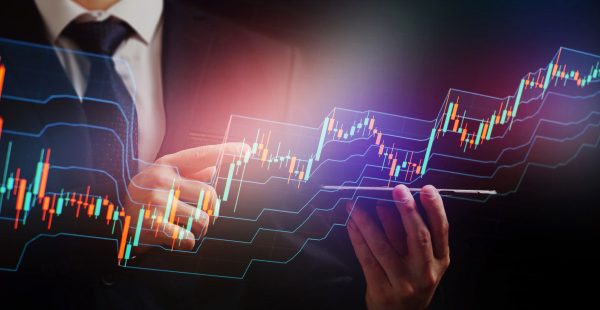AB looks to embed ESG portfolio risk considerations

Global fund manager AllianceBernstein has taken another step towards ensuring ESG considerations are part and parcel of the investment decisions made by its portfolio managers with the release of a new report.
The report, Bridging ESG Silos: The Intersection of Climate Change and Modern Slavery, underpins a framework and engagement guide intended to help investors better understand and act on the links between material investment risks related to climate change, energy transition and modern slavery.
Discussing the approach with Financial Newswire in Sydney yesterday, AllianceBernstein’s chief responsibility officer, Erin Bigley said it was a case of understanding and managing the investment risks when events happen.
“For instance, if you have a typhoon, it not only disrupts the operations you may have in the area affected by the typhoon but let’s you look at what happens when you have big labour market disruption and that people might be vulnerable to human trafficking,” she said.
Bigley said there needed to be an awareness on the part of investors to what was happening in supply chains that might be sourcing from climate migrants.
She also pointed to the potential risks from the greening of the economy – things like sourcing cobalt and the high proportion of child labour in the Democratic Republic of Congo.
“And so you’ve got to watch where companies may be sourcing materials,” Bigley said.
The Alliance Bernstein report was generated in cooperation with international human rights group, Walk Free, which works with investment companies to strengthen understanding and management of modern slavery risk in investee companies and investment portfolios.
Key takeaways from the report include:
- Climate change can lead to increased vulnerability to human trafficking: The research paper examines the effects of climate change and how they can adversely affect a wide range of human rights, including links between climate change, the energy transition, and increased vulnerability to human trafficking and modern slavery.
- Physical risks can trigger rapid displacement for victims: Physical risks, including both sudden-onset events and slow-onset events can impinge on the rights to life, housing, work, food, water and sanitation. These events can trigger rapid displacement or ongoing migration, which can in turn increase vulnerability to human trafficking and other forms of modern slavery and labor exploitation.
- Labor issues in the transition from high carbon to decarbonized economies: The transition risks in shifting from high carbon to decarbonized economies can result in loss of employment and livelihoods as fossil fuel production and consumption decline. Forced labor and child labor have already been well-documented in the supply chains of renewable energy industries: from extracting raw materials to manufacturing components and parts for solar, wind and hydrogen projects and in building the projects themselves.
- Climate-related human rights issues can present financially material risks and opportunities to investors: Assessing material financial risk in the investment decision-making processes requires the consideration of both environmental and social factors. Rethinking existing frameworks to account for the intersection of material climate change and human rights risks offers an opportunity for deeper analysis.











FAAA, as has others, have been lobbying too about the CSLR. Here is some public commentary on Linked iN https://www.linkedin.com/feed/update/urn:li:activity:7220619889001082882/
Agree about "Or was the Ramsay Review a shonky pseudo-scientific exercise like ASIC’s insurance churning review" ASIC should re-open the…
Aren't All Government reviews predetermined and they just backfill the evidence to Justify the action. This is both sides
you're spot on ANON
The govt seems to be trying to hide behind the "Ramsay Review". Does anyone know what the Ramsay Review was?…